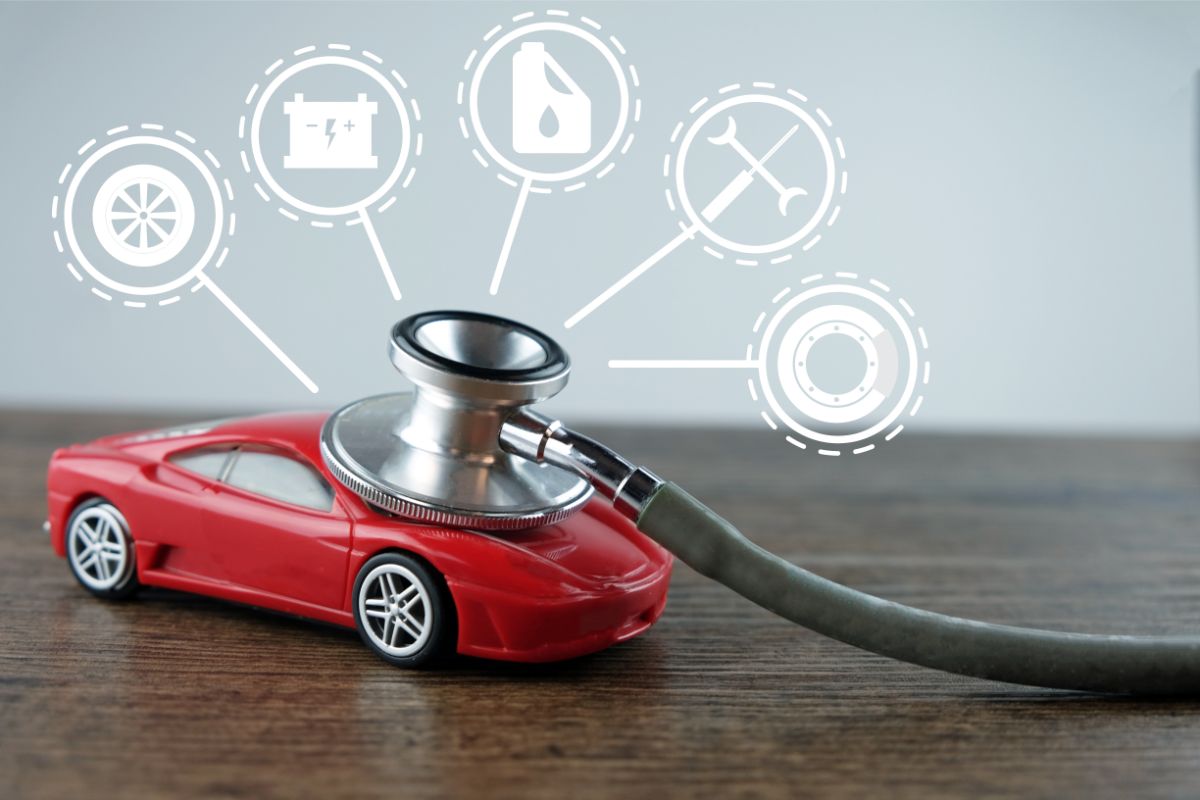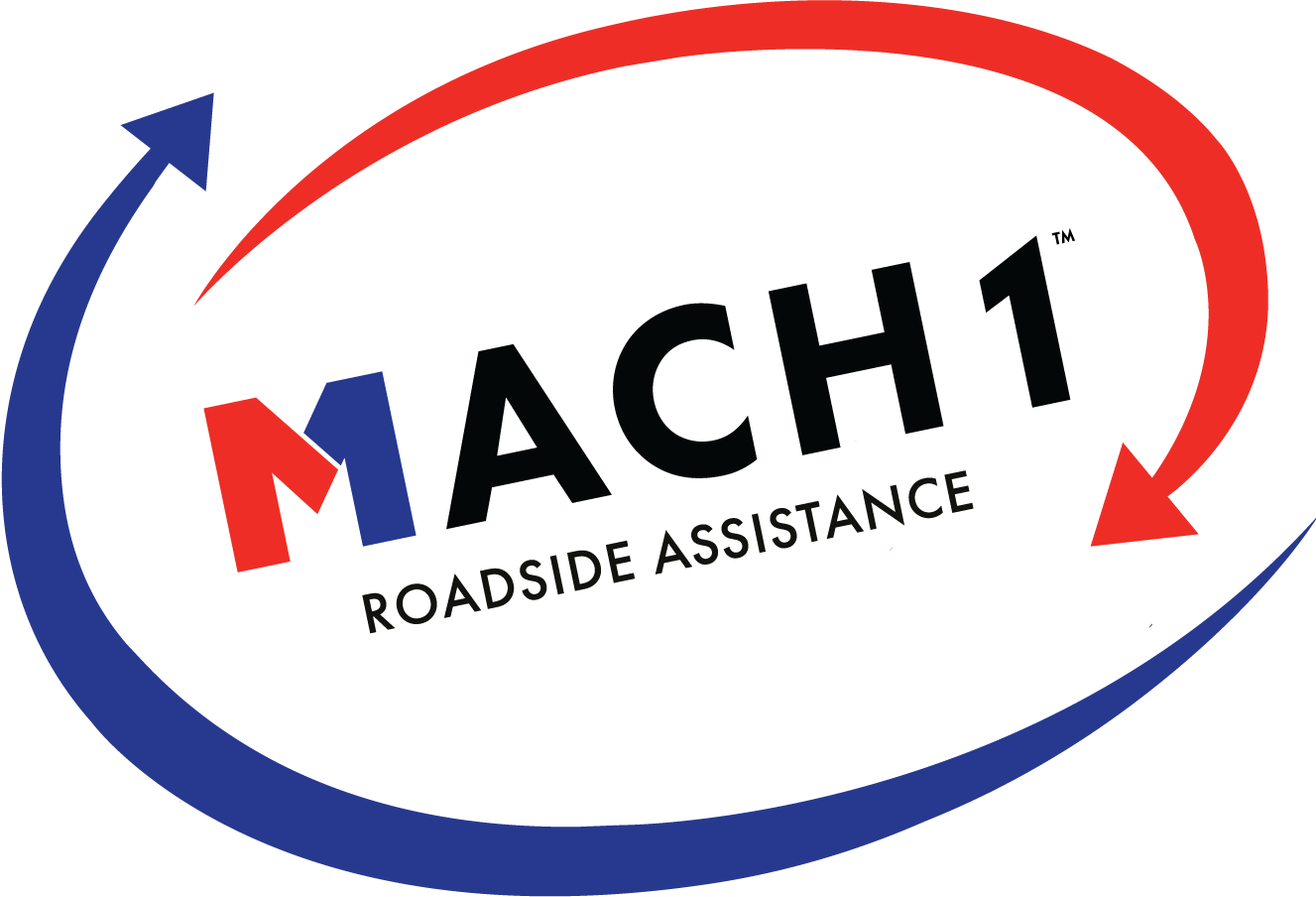
21 Jun Maximize Your Car’s Lifespan: Maintenance Tips and Tricks
For many people, a car is a significant investment, second only to buying a house. With that in mind, it’s only logical to want your vehicle to last as long as possible and maintain its performance over time. With the right care, a car can serve you reliably for over 200,000 miles. This post will provide crucial tips and tricks on how you can maximize your car’s lifespan and keep it in top condition, helping you avoid unexpected breakdowns and the accompanying hassle of roadside assistance.
The Importance of Regular Maintenance
Just like humans need regular check-ups for health, cars also need consistent upkeep to ensure optimal performance. Regular maintenance will not only enhance the longevity of your car but also ensure safety, fuel efficiency, and better resale value.
Failure to maintain your car properly can lead to unnecessary wear and tear, reducing its lifespan significantly. More often than not, the cost of regular maintenance is far less than what you would spend on extensive repairs or a new car purchase due to premature deterioration.
What does “lifespan of a car” mean?
The “lifespan of a car” typically refers to the period over which a car remains operable and safe to drive. This is heavily dependent on a variety of factors including the make and model of the car, how well it’s maintained, how it’s driven, and the conditions in which it’s driven.
What is the average lifespan of a car?
the average lifespan of a car in the United States was around 11 to 12 years, or about 150,000 to 200,000 miles. However, many cars are capable of running well beyond this with proper maintenance and care.
In recent years, due to technological advancements and improved manufacturing processes, the average lifespan of cars has generally increased. Modern vehicles are typically built with better-quality materials and have more advanced and efficient engines, which can lead to longer lifespans if they’re well maintained.
Has the lifespan of a car increased or decreased with newer cars?
It’s worth noting that while the potential lifespan of newer cars might be longer, the complexity of their systems could lead to higher repair costs when things do go wrong. Additionally, the lifespan can be significantly shortened if the vehicle is not properly cared for. This reinforces the importance of regular maintenance in maximizing a car’s lifespan, regardless of whether it’s a newer or older model.
In essence, the lifespan of a car can vary significantly, but with proper maintenance and careful usage, most cars today can exceed the average lifespan and serve reliably for many years.
Essential Maintenance Tips and Tricks
Regular Oil Changes
Oil is the lifeblood of your car. It lubricates and cools down the moving parts of your engine, preventing wear and tear. Over time, the oil gets dirty and less effective, which can lead to engine damage if not changed regularly. Refer to your car’s owner’s manual for specific recommendations, but typically, it’s advisable to change the oil every 5,000 to 7,500 miles. Don’t forget to replace the oil filter as well!
Keep Tires in Good Shape
Tires play a critical role in your car’s performance and safety. They need to be inflated to the right pressure, which can be found in your owner’s manual or on a sticker in the driver’s door jamb. Under-inflated or over-inflated tires can cause uneven wear, reduce fuel efficiency, and even lead to blowouts. Also, rotate your tires as recommended, usually every 5,000 to 7,500 miles, to promote even tread wear. Replace tires when the tread wear gets low – a simple penny test can help determine this.
Regularly Check and Change Fluids
Besides oil, your car has other vital fluids such as brake fluid, transmission fluid, power steering fluid, and coolant. Regularly check these fluids for levels and cleanliness. If they’re low or dirty, it’s time for a change or top-up. Your car’s manual will provide you with the necessary guidelines.
Maintain Your Car’s Battery
Without a healthy battery, your car won’t start, no matter how well you’ve maintained the rest. Regularly check the battery for corrosion around the terminals. If present, clean it using a mixture of baking soda and water. Ensure the battery connections are tight and replace the battery if it’s nearing or past its life expectancy, typically around 3-5 years.
Follow Your Car’s Service Schedule
Every car comes with a recommended service schedule, usually found in the owner’s manual. This schedule details when various components of the car, like the timing belt or spark plugs, need to be checked or replaced. Following this schedule diligently can prevent potential issues from escalating into more significant, costlier problems.
Keep it Clean
While cleaning may seem more cosmetic than functional, keeping your car clean inside and out helps maintain its value and can prevent issues. Washing your car can remove dirt, salt, and other debris that can cause rust or damage the paint. Cleaning the interior can prevent wear and tear on the upholstery and other components.
Don’t Ignore Warning Signs
Cars often communicate when there’s an issue. Pay attention to any warning lights on your dashboard – they’re there for a reason! Odd noises, changes in handling, or unusual smells should also be taken seriously. Ignoring these warning signs can lead to more significant problems down the line, so it’s best to get them checked out by a professional as soon as possible.
Practice Good Driving Habits
The way you drive significantly impacts your car’s lifespan. Rapid acceleration, hard braking, and high speeds can all contribute to premature wear and tear. Instead, practice smooth and conservative driving habits. Not only will these habits reduce strain on your car, but they can also improve fuel efficiency.
Mind the Weather
Extreme weather conditions can also affect your car’s health. In hot climates, check your coolant regularly and ensure your car’s ventilation and air conditioning systems are working correctly. In cold environments, make sure to use a suitable type of oil that won’t thicken in the cold and consider using winter tires for better traction.
Be Ready with Roadside Assistance if Necessary
When it comes to roadside assistance, Mach1 Services is revolutionizing the game. Say goodbye to waiting for hours and haggling over prices. Their app-based platform provides immediate, reliable service from a network of providers, offering everything from towing to lockout service. With no membership required, Mach1 Services is convenience redefined, bringing you peace of mind wherever the road may take you.
Make Regular Maintenance a Habit
Maintaining your car might seem like a chore, but it’s an investment in your vehicle’s longevity and performance. Make it a habit to check your car’s condition regularly, follow the manufacturer’s recommended service schedule, and promptly address any issues you discover. By doing this, you will minimize the risk of unexpected breakdowns, costly repairs, or the need for roadside assistance.
In conclusion, while some might see regular car maintenance as unnecessary or burdensome, the benefits far outweigh the inconvenience. Following these maintenance tips and tricks will not only extend your car’s lifespan but will also ensure a safer, smoother, and more enjoyable driving experience. After all, as the saying goes, “An ounce of prevention is worth a pound of cure.”
